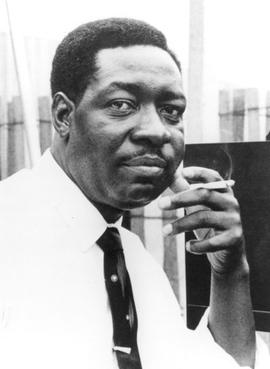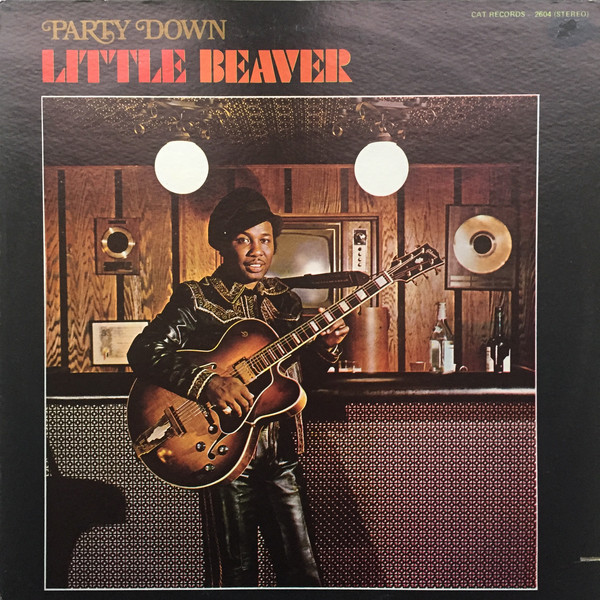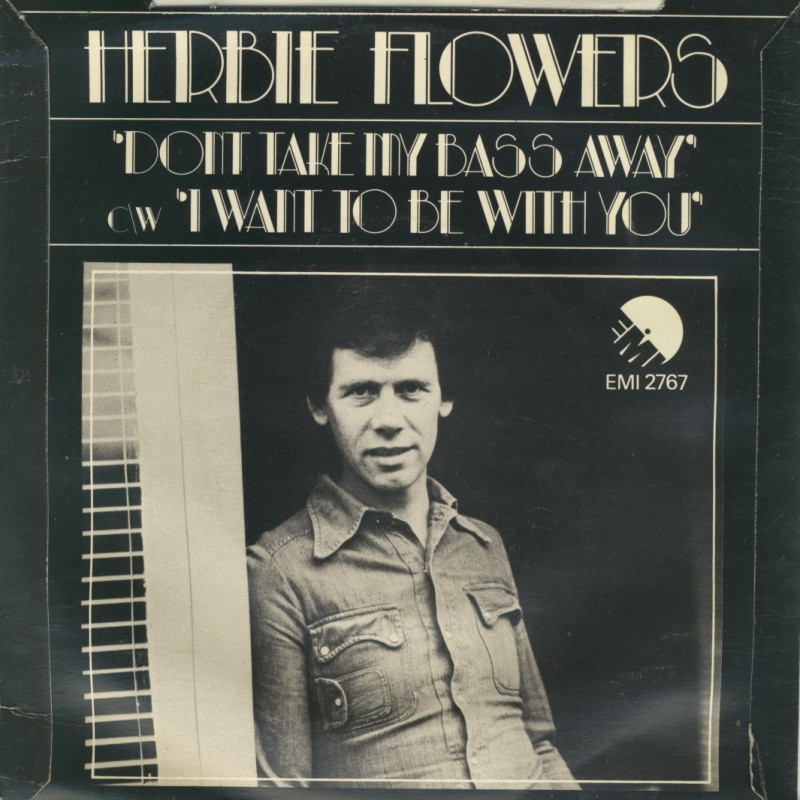
Keyboards: Otis Spann
In 1965, I had just joined the Blues Project after receiving a small amount of notoriety from playing organ on Dylan’s Highway 61 Revisited album. I had just switched to keyboards from guitar on that Dylan album and had joined the Project in hopes of honing my skills on the ivories. One of our early gigs was opening up for the Muddy Waters Blues Band at the Cafe Au GoGo in New York’s bohemian Greenwich Village. After salivating in the wings watching them that first night, I approached Otis Spann, the legendary piano player.
“Hi Otis. I’m the keyboard player in the opening band. I’m a really big fan of yours and wondered if you could teach me a few tricks since we’ll be together on the bill here this whole week.”
He laughed at first, and then after gazing into the virgin sincerity in my eyes, he relented: “Sure! I don’t mind if I do. Meet me here at four o’clock tomorrow afternoon!”
I showed up at 3:30, Otis at 4:15. I laid out the ground rules: If we worked until six, dinner was on me across the street at the DugOut. He was a gentle, considerate teacher, and was able to show me a lifetime of licks in the first two hours. At 6 PM, not pushing my luck, I shepherded him across the street and lived up to my word.
As we dined on steak tidbits, I began to really get to know Otis. He was a simple, joyous man with a great laugh and infinite patience. He smoked like a chimney, which ultimately would contribute to his early demise from lung cancer.
There were two more lessons and dinners that week and we soon became became fast friends. After he had passed on, I used to go sit in with Muddy when he would come to town. I don’t think Muddy knew about my “lessons,” but I’d always ask him to play “Long Distance Call” when I’d get onstage. As I began to play, I could always get a smile and a head-turn outta Muddy when he heard me carbon copy his long lost sidekick. Now sadly, they’re both gone, and Jimmy Vivino and I, their grown-up students, are still exploring the mysteries of their genius.

Great Guitar: Little Beaver
In 1972, I heard an amazing record on the radio. I was driving along in Atlanta and had to pull the car over to the side of the road, so compelling was the guitar playing on this track. There were three guitars weaving an incredible rhythmic tapestry the likes of which I had never heard before in my short 28 years. I prayed they would announce who this was. At the conclusion, the DJ helped me out with the news that this was “Clean Up Woman” by Betty Wright.
I drove to the nearest record shop, and later that night I listened over and over again to these great guitar players. The next day, I hopped on a plane to Miami and cabbed to the address on the record label. It was in Hialeah, a suburb that housed a lot of industry. The cab pulled up to this warehouse-lookin’ place and I double-checked the address. Yup — this was it. I walked in and fortunately bumped into Steve Alaimo, who I knew from the Dick Clark days in the ‘50s. He worked there. I told him I had flown there on a days notice to meet the guitar players who played on “Clean Up Woman.” He laughed at me and said, “Come with me! I’ll introduce you to them right now!”
We walked through a few hallways and came to this little writing room. We walked in and some guy with a jazz guitar was in there noodling around. “Al, meet the guitar players from ‘Clean Up Woman.’ This is Little Beaver!”
I was incredulous! “You played all three parts on that record ?” I stammered. He smiled in reply and began to play each part for me. I had a private, clandestine, musical climax right there in that room, at that moment.
This began a fruitful association in which I played on and produced a few sides for them (TK Records) and then borrowed Beaver and his band to play on my album. There were also many afternoons that I sat in that little room in Hialeah and got instant lessons, asking him, “How do you do that?” over and over again in amazement. Soon, I was a Beaver disciple on guitar. I still use many of his licks in my work today. When TK folded, he disappeared back to Arkansas, from whence he came. If you liked ‘Clean Up Woman,’ listen to my old album Act Like Nothing’s Wrong, which was just re-released on CD by OneWay Records. Beaver is burnin’ on “Out Of Left Field” and “This Diamond Ring.” Sadly, his solo albums, especially his first, have never appeared on CD. There is a Best of out, but not in my opinion.
The last time I played with him was in Hialeah in 2010 when I cut some tracks for an album that never came out. I heard recently he is ill and cannot play anymore . One of the strongest influences on me as a rhythm player on guitar. I will NEVER forget him.

Better Than Bass-ic: Herbie Flowers
Herbie Flowers is a legend in England. Paul McCartney, George Harrison, and Dee Murray were just some of the musicians there who idolized him growing up. I first heard him on Elton John’s second album, Tumbleweed Connection. I lost my mind. I had never heard anyone play bass like that before (still haven’t).
With Elton’s help, I was able to book him on some sessions over in England and was very excited about recording with him. My excitement was justified because playing with him was like sitting in music class. Herbie chooses the “road less traveled” in his selection of notes to play. He has a comparatively uncommon style for a master. He plays with a pick through a smallish amp. But you’d never know from listening to the results!
In 1971, I was recording a new album at Air Studios (George Martin’s place over in London). Herbie, of course, was on the sessions. Harry Nilsson and Richard Perry dropped in to visit one afternoon and their jaws dropped when they heard Herbie. They were gathering musicians for Harry’s upcoming sessions, and pleaded for Herbie’s number. I was happy to oblige. My reward was listening to Herbie play on Harry’s track “Jump Into The Fire” several weeks later.
At one of my sessions, we were listening to a playback, and in this one place, Herbie played a very strange rhythmical passage. I stopped the tape: “Do you wanna punch that part in there ?” I inquired innocently, hoping he’d heard the “mistake.” He looked at me incredulously: “NO I DO NOT WANNA PUNCH THAT PART IN THERE. Just leave it. In ten years you’ll understand it!” Guess he told me. He was right, too!
Herbie’s legacy is primarily on Elton’s albums, but I’ve selected a few tracks for you to listen to that I’m sure you’ll enjoy unless you’re a bass player — in that case, you’ll start feeling more like a bass owner after you’ve heard Herbie wail!
Herbie played on Cat Stevens first two early singles "I Love My Dog" and "Matthew & Son" I loved the bass on those singles but there were not usually musician credits on singles. So that was REALLY the first time he stuck out to my ears.
Start with Elton’s Tumbleweed Connection album. The best ones are “Country Comfort” and “Burn Down The Mission.” Focus on the bass playing because sometimes you swear it’s a guitar, but it’s not. For simplicity, there’s always “Walk On The Wild Side” by Lou Reed where Herbie takes a rare stand-up turn. He’s also on that live Bowie album “Stages.”
It’s always been a great thrill for me to play with musicians I admire, and these three are some of my favorites. Hope they become some of yours, too. See ya next time!